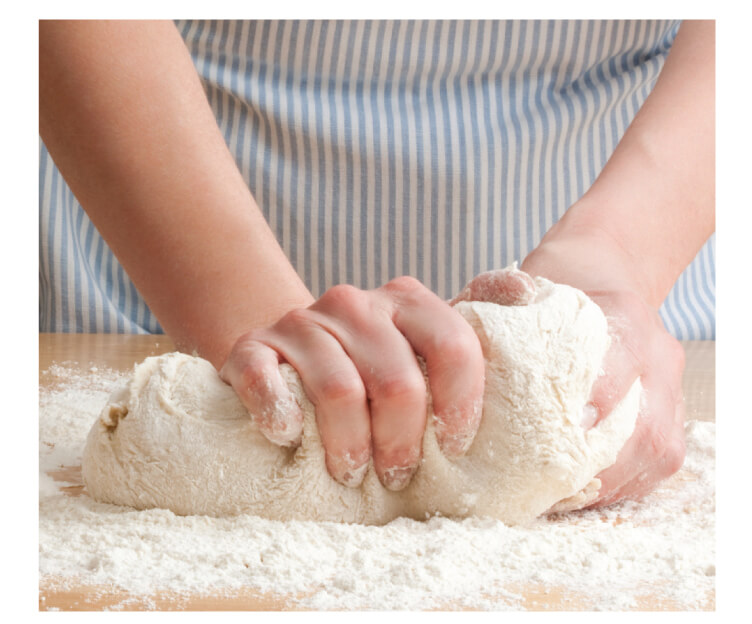As a gospel writer Matthew is the kind of teacher who reviews the lesson before a test to make sure all the students know the content. Matthew doesn’t just tell Jesus’ parables but often adds interpretations of them. In Sunday’s gospel the disciples ask for an interpretation, the hidden meaning.
The interpretation turns the parable into an allegory, in which the story elements have double meanings; they symbolize something else. The sower is the Son of Man. The field is the world. The good seeds are children of the kingdom; the weeds are children of the evil one. The harvest is the end of the age. Matthew’s interpretation turns the parable of the weeds into a scary allegory of end time and judgment.
Matthew’s allegories can interfere with our work of using the parable to see ourselves if we think his is its only meaning. Jesus’ parable itself may touch us today in new ways.
- What did you hear in the parable of the weeds and wheat before you heard Matthew’s explanation?
In the context of Jesus’ ministry, the parable of the weeds and wheat addresses the many who criticize Jesus for eating with outcasts and sinners. By eating with those whom others judge to be sinners, Jesus extends God’s salvation to everyone. “Let God sort out who is worthy of the kingdom,” the parable implies. There may be some real surprises at the final curtain call!
Matthew reflects his own community’s disappointment that relatively few Jews embraced Jesus and joined the Christian community. Matthew’s explanation calls the community to interiorize the patience of God. God’s ways and God’s time are often not our ways and our time. The reign of God will come in its own time.
In his apostolic exhortation, The Joy of the Gospel, Pope Francis teaches his pastoral approach. “Time is greater than space,” he writes, giving priority to processes that build and develop communities over time and that allow time for healing and grace in relationships and families. “Unity is greater than conflict,” he insists. “The Spirit can harmonize every diversity.” Most of us recognize we so often magnify differences when we have more in common than divides us. A friend wears a sweatshirt that says, “I get plenty of exercise jumping to conclusions, pushing my luck, and dodging deadlines.”
- What judgments about yourself, other people, or about the Church have you made that proved wrong? What changed your perception?

Each of Sunday’s parables describes the kingdom of heaven. In the mustard seed and leaven parables, size and growth are important. A mustard seed is very small in comparison to the size of a grown six-to-eight foot plant! Jesus uses the mystery of how a small seed becomes so big to suggest the living power of God’s kingdom that has its own time and great promise in growing.
Leaven becomes invisible in bread dough, but its presence transforms the wheat flour into dough larger and wonderfully airier. The parable calls us to imagine God’s power as leaven that functions invisibly, bringing about God’s reign.
Life takes time; God’s reign will take time. In the end, God’s wisdom is not human wisdom. Some apparent weeds may be flowers. The smallest of seeds may yet grow into a plant that provides hospitality for many creatures.
Leaven may be slowly transforming the world even though human eyes cannot see it working. Such are the mysteries of the reign of God in the human heart and in all creation.
- What leaven do you hope you are in your community of faith?
- What small effort do you hope grows much bigger?
Jesus teaches the Galilean crowds in comparisons familiar in their experience. Parables give hearers concrete ways to think about and reflect on what God’s kingdom is like.
However, because Jesus’ similes for God’s reign are so concrete, they challenge us today. People who live in a city may have no experience of wheat and weeds or mustard seeds and mature plants. Farmers today who grow wheat use herbicides to kill weeds without damaging their crops. People who buy bread do not use leaven. The man who sows the good wheat seed is a master with slaves, a social distinction the United States endured a civil war to end. Inescapably we have to interpret Jesus’ parables to bring them into our lives and world.
Nonetheless Jesus’ parables can help us see ourselves. We recognize the voice of the self-righteous, saying, “An enemy has done this planting of weeds!” The self-righteous do not consider themselves weeds. By contrast, those who see themselves with God’s wisdom might say, “If an enemy has done this, we have seen the enemy and it is us! How can we change?”
The liturgy gathers us as weeds and wheat to reflect together on God’s wisdom and our wisdom. The liturgy opens out hope to us, transforming wheat and even our weeds into the Body of Christ, a community of saints and sinners.
- How can you imitate in your relationships the wisdom of the Spirit who searches hearts and prays for us in our weakness?
- What weeds do you notice most in others? What weeds do you notice most in yourself?
